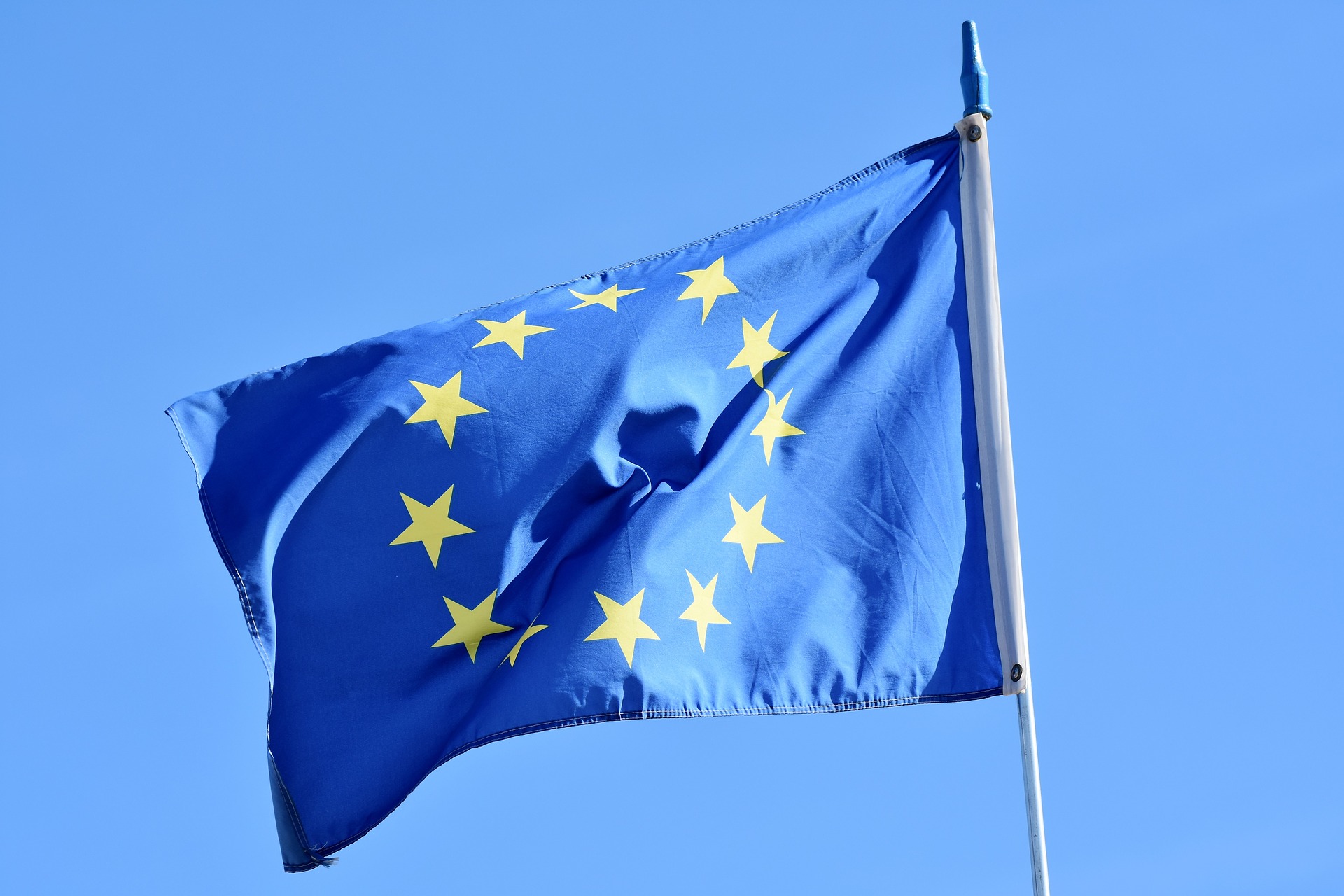Today, the rules that ensure the compatibility of the future European Information and Travel Authorization System (ETIAS) with other EU information systems come into force. This is an important step towards the commissioning of ETIAS by the end of 2022.
Following the introduction of ETIAS, non-EU nationals traveling to the Schengen area and exempted from visas will be required to register and obtain a permit before traveling.
The system will check travelers for compliance with EU information systems on internal security, borders and migration before the trip, helping to identify in advance people who may pose a risk to safety or health, as well as compliance with migration rules.
“The rules, which enter into force today, describe in detail how ETIAS will work with other EU information systems that it will request during inspections, namely the Entry / Exit System, the Visa Information System, the Schengen Information System and the Centralized Identification System. Member States. There is information about the conviction of persons who are not EU citizens, “the Commission said in a statement.
The establishment of ETIAS is part of the EU’s ongoing work to implement a modern external border management system and to ensure that information systems work together in a reasonable and focused manner.
“ETIAS will not change which non-EU countries are subject to a visa requirement, nor will it introduce new visa requirements for citizens of visa-free countries,” the Commission explains.
Visa-free non-EU citizens will only need a few minutes to complete an online application, which in the vast majority of cases (expected to be more than 95%) will lead to automatic approval.
The process will be simple, fast and affordable: ETIAS authorization will cost 7 euros, it will be a one-time fee and will be valid for 3 years and for multiple applications.

